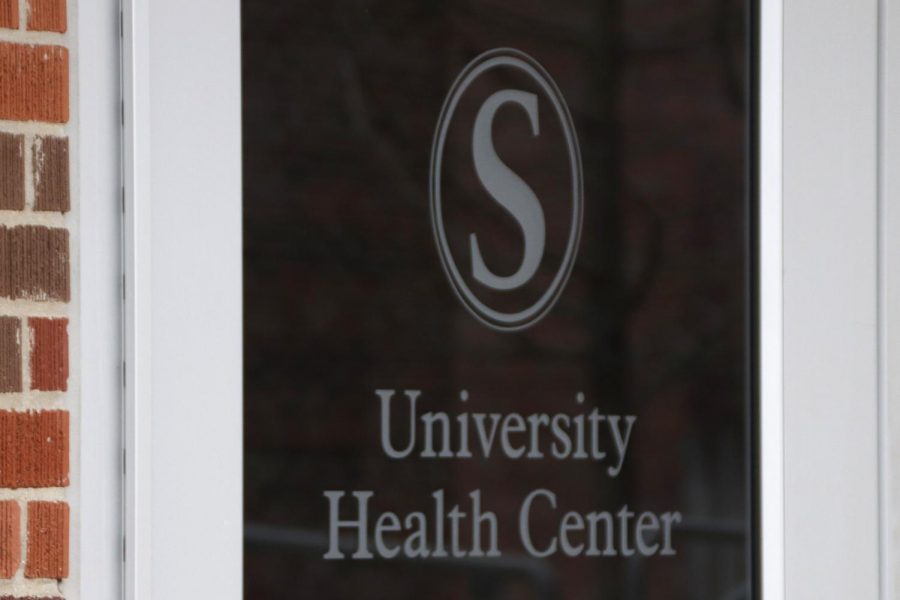Sleep hygiene and tips for finals week: A message from the University Health Center
The Centers for Disease Control and Prevention recommends seven hours of sleep every night; however, on average we may get five to six hours of sleep. Some factors that can affect the quality of your sleep include what we eat and drink, the medications we take, and the environment in which we sleep. If you find it hard to fall asleep or stay asleep, remember these helpful tips: no screen time 30 minutes before bed (blue light such as technology screens and fluorescent light bulbs can delay the release of sleep-inducing melatonin, increase alertness, and reset the body’s internal clock), reduce sugar intake before bed, get on a nightly schedule, and create a sleep-friendly environment.
A sleep-friendly environment varies from person to person. Some examples of a sleep-friendly environment include a dark, cool room, background noise, and maybe the use of an oil diffuser. In addition, studies show that students who use their beds for activities other than sleeping and sex have a harder time falling asleep and staying asleep. If you use your bed for other activities, for instance, work, then your brain will associate your bed with the other activities instead of sleep.
Sleep specialists see a pattern of college students getting 3.5 hours less than the average five to six hours we already see around exam time during the semester. Around exam time, it is important to practice effective sleep tips for better sleep to wake up refreshed and ready for your exams. Consider reducing energy drink and caffeine intake after lunch or in the late afternoon and try not to study (cram) everything the night before the exam. Studies suggest taking 45 minutes on each subject before going to bed and waking up early or before the exam to touch upon the subjects as a refresher. According to the Sleep Foundation, sleep deficiency can make you moody and irritable, sending your emotions on a roller-coaster ride. Sleep deficiency can also trigger short-term euphoria, impair your judgment and encourage impulsive or risky behavior.
This is a hard and stressful time dealing with the new normal as a result of COVID-19 and exams can add additional stress. Besides the anxiety and stress that comes with college classes, work schedules, and student organizations, there are some methods you can use to help manage your stress and anxiety levels. One way to manage your stress and anxiety levels is by taking a break from school work and work assignments. Some quick and easy activities you can do during your break include going for a walk/jog, sitting outside, and reading something for pleasure. It is recommended to spend some time outside to get fresh air and some sunlight.
The CDC reports some of the benefits of fresh air and sunlight, which include increased levels of Vitamin D and better production of chemicals in the brain, such as serotonin and melatonin, which can boost your mood and help you sleep better. With finals coming up, we hope you keep this article in mind and find these quick and useful tips helpful in your future endeavors.
Your donation will support The Lion's Roar student journalists at Southeastern Louisiana University.
In addition, your contribution will allow us to cover our annual website hosting costs.
No gift is too small.






